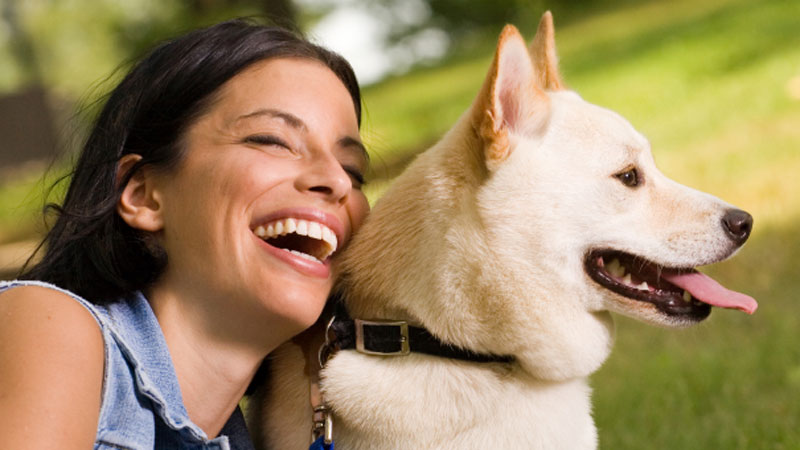Teeth Care
Caring for your dog’s teeth is a really important aspect of their overall health. Not only does a sore infected mouth feel horrible, it can also be potentially detrimental to your dog’s major organs by allowing bacteria into the blood stream. Plaque combines with the dog’s saliva to form hard tartar which sticks to the teeth, this irritates the gums and attracts bacteria leading to gingivitis and smelly breath.
The gold standard is to brush your dog’s teeth daily, just as we do, but unless you start this as a puppy it can be very difficult to introduce to an older dog. Start by using a finger brush covered with doggy toothpaste and allow your dog to lick it. Gradually get your dog used to having something in their mouth; start with gently brushing the side teeth using a circular action, just as you would your own teeth. Start slowly and stop if your dog gets agitated. Reward with a treat afterwards. Once used to having the whole mouth brushed you can start using a dog or child’s toothbrush. You must only use a special dog toothpaste as opposed to a human one as dogs are particularly sensitive to fluoride which can be really dangerous if ingested in large amounts.
If your dog won’t allow brushing there are several gels and pastes on the market which have some action if applied onto the gums. They work by reducing the bacterial load in the mouth and softening the plaque so it doesn't stick onto to teeth.
If your dog really won’t tolerate any interference with its mouth then there are still options available. "plaque off" is a natural seaweed supplement that is added to your dog’s food daily and helps soften the plaque. This allows brushing or dental chews to be more effective.
There is a wide array of dental chews available. Look for ones that have added enzymes which work to break down the plaque as well as working in a mechanical way to clean the teeth.
Bones can be given for chewing, but all bones must be raw rather than cooked, the latter can splinter and puncture the intestines.
If you are concerned about your dog’s dental health a check-up at the vets is advised. Symptoms include; smelly breath, excess salivation, bloody salivation, difficulty eating or not wanting to chew. It may be that a dental is required which can be anything from a scale and polish to remove stubborn tartar, to tooth removals if dental disease has progressed beyond gingivitis. These will require a general anaesthetic.


